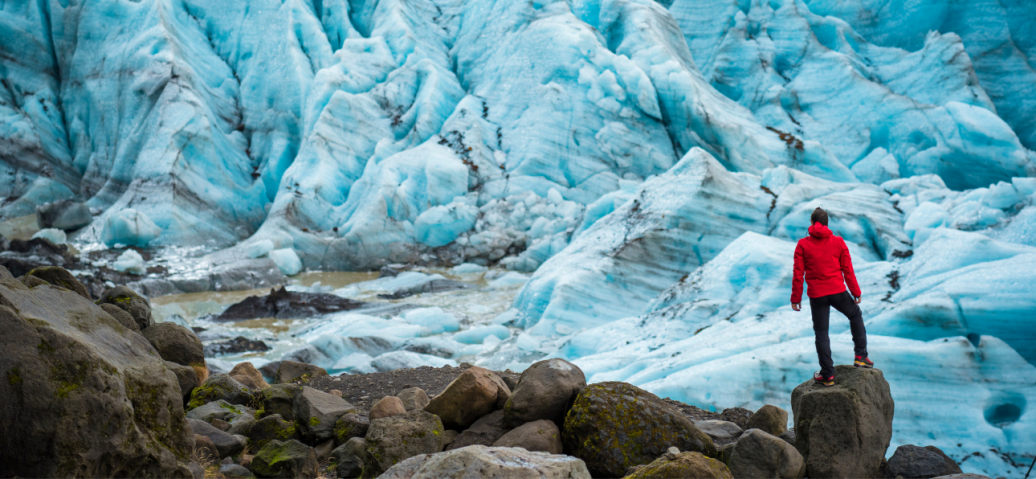The future of work is here. It’s no longer a place we go but something that we do. And for most of us that means working from home, whether that’s in a home office or at the kitchen counter. But that isn’t the case for everyone. In our latest episode of the Remote Works podcast, we head to an Arctic archipelago between Norway and the North Pole. Let’s just say it’s a bit different (and colder) than what your typical employee’s day-to-day work life looks like.
As we have shifted to new work models over the past several months, many people have started to turn their focus toward wellbeing. For example, finding a work/life balance when it’s all blended together in one physical place. With the new-found flexibility that remote work has enabled, employees can take control of their careers in ways many ways that weren’t possible before.
“We are the architects of our own lives,” says arctic scientist Sunniva Sorby. “The power in that is enormous.”
Employees are moving out of big cities, buying homes closer to family, or choosing to be digital nomads and experiencing new cultures and places, ultimately taking control of their work life in ways that hasn’t been possible in the past.
Beyond our own wellbeing, remote work has also brought the conversation around sustainability to the forefront. The right technology has proved to not only have an impact on our wellbeing, but that of the planet. From the beginning, Citrix has created technology that allows people to get work done from anywhere on any device, while reducing energy consumption.
This year alone, the rise in remote work has resulted in dramatic improvements in the Air Quality Index. With 100 million Citrix users in more than 100 countries, we have the scale needed to make a significant impact. Flexible work via digital workspaces not only creates space for people to do their best work, but it gives nature a reprieve from our impact on the environment.
“We can’t keep growing and living and taking without consequences,” Sorby says.
There are so many possibilities as we step into the future of work. Perhaps it’s working in green spaces under blue skies or in a sitting on the peaks of the highest mountain ranges. Or, perhaps it’s in an extreme location, like Sunniva Sorby and Hilde Falun, polar ambassadors and citizen scientists from Hearts in the Ice who work in the Arctic.
With new flexible opportunities presented this year, amid the challenges, remote work has allowed us to align to purposeful and meaningful work that has an impact far beyond our screens.
Hear more from Sunniva Sorby and others in the latest episode of our podcast, Remote Works: Extreme Artic Edition. To learn more about environmental sustainability at Citrix, explore our Sustainability Report.
